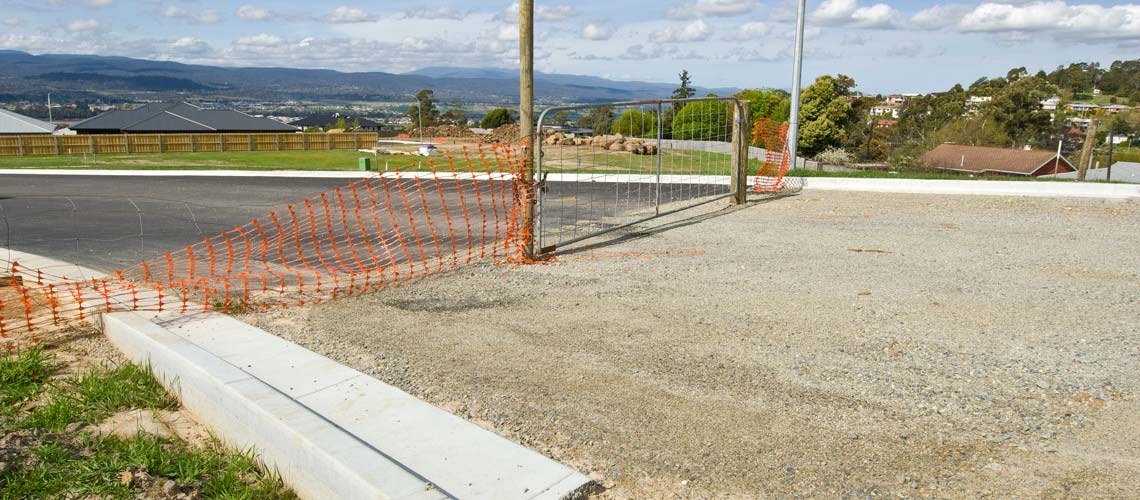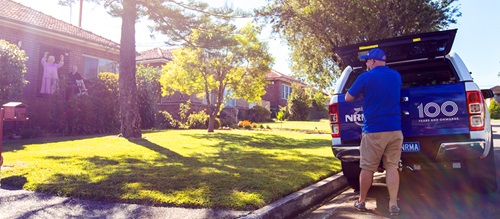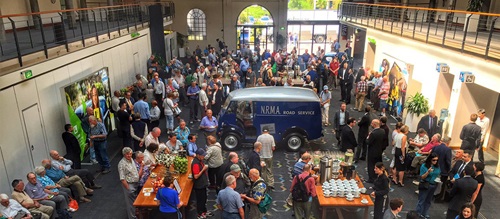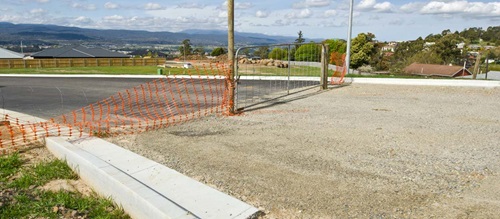New NRMA research into NSW local roads funding reveals a backlog of nearly $2 billion – and the average motorist is paying the price due to increased traffic congestion and deteriorating infrastructure.
A 13.2 per cent rise in the backlog between 2015 and 2016 to $1.96 billion is a key finding of the NRMA Funding Local Roads report, with three councils in Greater Sydney nursing the largest deficits.
The largest roads infrastructure backlog is in the Wollondilly Council LGA at $42.5 million, followed by Blacktown Council with $42.4 million and Bankstown Council with $42.2 million.
The backlog is even more severe in regional NSW, with the regional council deficit rising 17.2 per cent from $1.33 billion in 2015 to $1.56 billion in 2016.
NRMA Regional Director Fiona Simson said a deteriorating road network meant longer travel times, lost economic productivity and unsafe conditions.
“Local councils have a tough job maintaining local roads with insufficient funds to cover basic road maintenance such as fixing potholes, gutter repair and repainting faded lines,” she said.
“The lack of an effective long term solution will mean a worsening NSW local and regional road network, with road safety being a significant concern.
“Increasing local roads funding will benefit the broader community, as crashes on local roads represent 75 per cent of the $7.1 billion annual cost of crashes to the NSW economy.”
The Funding Local Roads report identified eight recommendations for government policymakers to bring local roads back up to a satisfactory condition, including:
- Fast-track funding of the Roads to Recovery program
- Provide a percentage share of fuel excise levy to local councils to fund road maintenance
- Provide local government with low interest region-specific infrastructure and investment funds, and region specific funding similar to the Hunter Infrastructure and Investment Fund
The Funding Local Roads report also recognizes causes of the backlog including population growth and increased density in regional centres placing pressure on the road network, falling council rates revenue and inadequate funding systems.
The unsatisfactory condition of road assets and reduced maintenance, along with limited asset management, has also highlighted the current struggles of councils to manage infrastructure.
In the lead-up to the Australian and NSW Budgets, the NRMA called on governments to increase funding to support this work and welcomed a $500 million commitment from the NSW Government for the Fixing Country Roads Program – but more is needed.
We firmly believe that integrated transport networks are essential in addressing the challenge of growing congestion and providing for the future growth of our communities: enacting a long-term plan across all levels of government is key to this.
Better road and transport infrastructure has been a core focus of the NRMA since 1920 when our founders lobbied for improvements to the condition of Parramatta Road in Sydney.
This is why we are continuing to advocate for increased investment in road infrastructure and transport solutions to make mobility safer, provide access for all, and deliver sustainable communities for Members.





